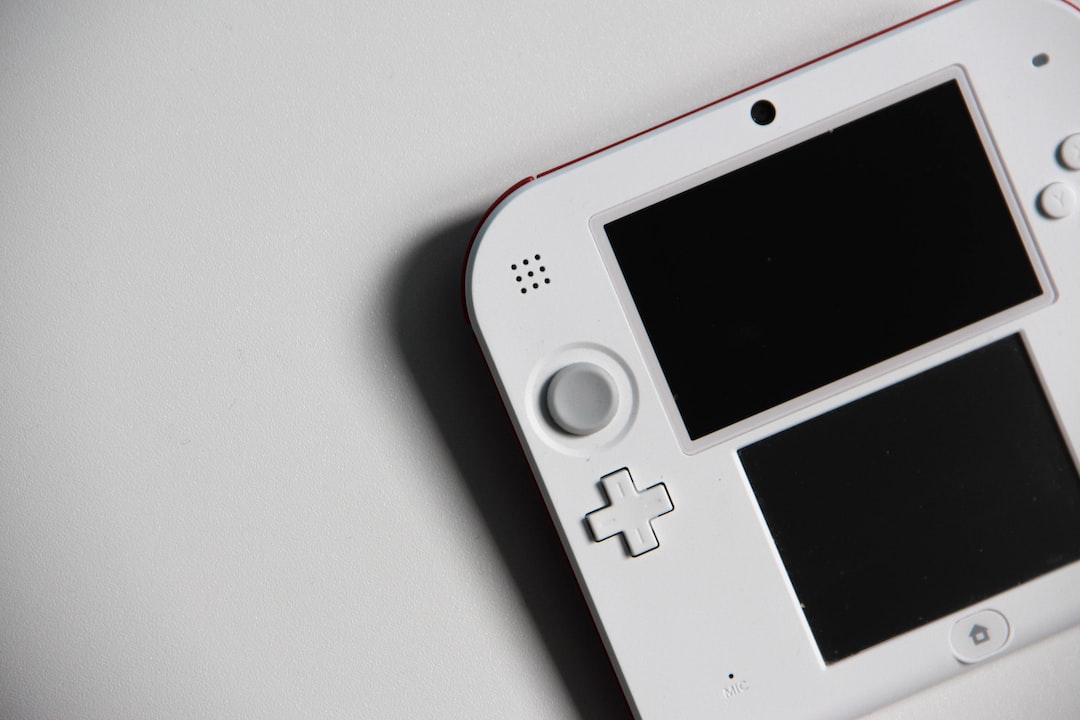From Board Games to Digital: The Transition of Classic Games
In today’s constantly evolving digital age, it seems like everything around us is being transformed into a digital format. This holds true even for classic games that have been enjoyed by generations on a physical board. The transition from board games to digital versions has not only brought these games to a wider audience but has also added new dimensions to the gameplay experience.
The advent of technology has paved the way for the digitalization of classic board games, allowing them to be easily accessible on various digital platforms such as smartphones, tablets, and computers. This shift has breathed new life into games like Monopoly, Scrabble, and Chess, attracting younger generations who have grown up in a digital world.
One of the most significant advantages of digital board games is the convenience they offer. You no longer have to gather around a table, set up the board, and gather all the necessary pieces. With just a few taps on your smartphone, you can play your favorite game anytime and anywhere, whether you’re waiting for a friend at a coffee shop or commuting on a train.
Furthermore, digital versions of classic games often include additional features and functionalities that enhance the gameplay experience. For instance, in digital Scrabble, players can access a built-in dictionary to check the validity of words, preventing any possible disputes among players. This not only adds convenience but also eliminates any time-consuming debates, making the game more enjoyable.
The digital format also enables classic games to be played with players from across the globe. With online multiplayer options, you can compete against friends, family, or even strangers in real-time, creating a truly global gaming experience. This not only increases the level of competition but also allows players to learn new strategies and tactics by playing against different opponents.
Moreover, digital board games have the potential to provide a more immersive and visually stunning experience. Most digital versions incorporate high-quality graphics, animations, and sound effects, which can bring the game to life and make it more engaging. For example, the popular game Ticket to Ride, which involves building railways, showcases beautiful visuals of various landscapes and destinations as players progress through the game.
Another aspect of digital board games that has gained popularity is the integration of artificial intelligence (AI). This allows players to compete against computer-controlled opponents of different difficulty levels, making the game accessible to both beginners and experienced players. AI opponents can provide a challenging gameplay experience, adapting their strategies based on the player’s skill level, and even improving over time.
However, despite the numerous advantages of digital board games, some players still prefer the physical experience offered by traditional board games. The tangible nature of physical board games, the feeling of rolling dice, moving pieces, and the social aspect of sitting around a table with friends and family cannot be replicated in the digital format.
In conclusion, the transition from board games to digital versions has undoubtedly revolutionized classic games. The convenience, additional features, global multiplayer options, immersive visuals, and AI opponents have redefined the way we play games. While the digital format offers many advantages, it is important to remember and appreciate the charm and nostalgia associated with physical board games. Whether you prefer a physical or digital experience, the essence of classic games remains the same – to have fun, create memories, and enjoy quality time with loved ones.
